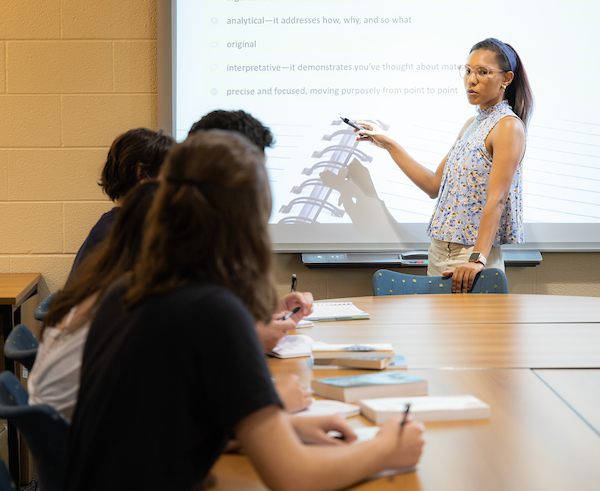Technical Communication
Learn More About Technical Communication
Admission Requirements
None.
This program does not have specific admission requirements. Only admission to Kennesaw State University is required to declare this major.
Related Minors or Certificates Available
- Technical Communication Certificate
- Interactive Design Minor
- Technical Communication Minor
Sample Classes
-
TCOM 3130: Technical Communication: Theory, Ethics, and Practice
This course examines a range of theories that have shaped technical communication thought and practice in the twenty-first century. This course also focuses on ethical issues in technical communication through case studies and other readings. This course exposes students to the evolving body of knowledge, including key theorists and practitioners that help form the foundation of the technical communication profession.
-
TCOM 3145: Social Media Infrastructure
This course prepares technical communicators to assess and develop governance/oversight procedures, policies, employee training, monitoring and measurement protocols, risk and compliance guidelines, and audit processes for social media. Students select a company and conduct a semester-long case study where they develop critical infrastructure documents for social media.
-
TCOM 4000: Technical Editing
This course examines the responsibilities of an editor including the methods and skills needed to edit various types of technical and scientific products (print and digital) with an emphasis on comprehensive editing. The course also teaches students how to prepare content that clearly and effectively communicates technical information to a wide range of end users. This course prepares students for writing and editing careers in technical communication.
-
TCOM 4050: Instructional Video
This course addresses the theory and practice of developing “how-to” videos for product end users and customers. Fundamentals of instructional design, including audience analysis, goal analysis, formative and summative evaluation, are applied. Contemporary video technologies are used to generate products that instruct and inform end users/customers. Evaluation of technologies, content transfer, aesthetics and cultural considerations are addressed. Students assess commercially prepared videos and plan for incorporating them in training.












